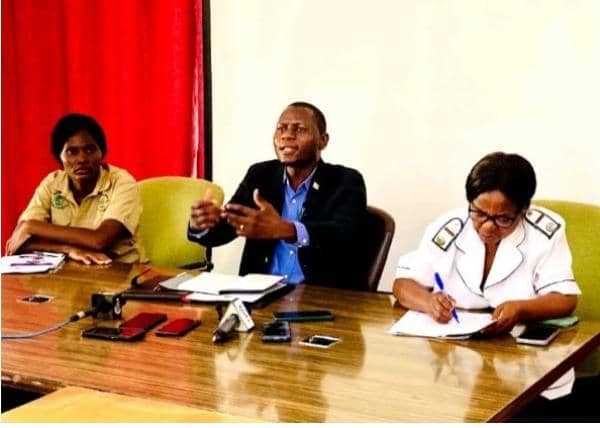
Munyaradzi Blessing Doma
The Tongogara Refugee Settlement in Chipinge, home to over 16 000 refugees and asylum seekers, has access to comprehensive health services hence promoting the well-being of the community.
The health interventions, which include patient screening, treatment, immunization, HIV and AIDS, maternal and reproductive health services, are a critical pillar of the refugee protection mandate.
This was revealed by the Settlement Administrator, Johanne Mhlanga, when he spoke to journalists on a National AIDS Council (NAC) media tour of Manicaland Province.
Tongogara Refugee Settlement is home to people from 15 countries, such as DRC, Mozambique, Burundi, Rwanda among others.
“Among the several services that we are providing to the refugees and host community members, we provide patient screening, treatment, immunization, HIV and AIDS interventions, as well as maternal and reproductive health services.
“We are also aware that there are health conditions that requires secondary and tertiary health interventions, so we have a government referral system that we follow.
“For all the cases that require to be attended at district level, we refer them to Chipinge District Hospital.
“And for those that are to be managed at provincial level, we also refer them to provincial hospital.
“And we have other cases that we refer to Parirenyatwa as well as Harare Hospital.
“So, this is what we are doing to ensure that we provide and enhance the well-being of the refugee community,” said Mhlanga.
He added that with regards to HIV and AIDS programming in Tongogara Refugee Settlement, 113 people living with HIV are receiving support from health professionals.
Related Stories
“And I must also highlight that we continue to get assistance from the Ministry of Health and Child Care as well as the National AIDS Council.
“We provide services that relate to prevention of mother-to-child transmission, so that at least we enhance the protection of children who are born to mothers who are affected by HIV and AIDS.”
Mhlanga emphasized that all such interventions are being undertaken because refugee protection is the responsibility of the government.
He added that 48 percent of the population are children, 33 percent are youth, while 19 percent are adults and in partnership with NAC, they had some interventions targeted at them.
“In partnership with National AIDS Council, we rolled out the Sista2Sista interventions with 50 young girls and young women who are involved in sexual reproductive health, HIV and AIDS awareness raising in the settlement.
“The idea behind the interventions is to encourage girls and women to be tested, as well as to promote health-seeking behaviour by young women.
“And we are happy that with our interventions, we are infusing the need to fight gender-based violence.”
He added that in partnership with NAC, they had also undertaken the Brotha2Brotha programme also with a view to enhance knowledge on HIV and AIDS.
“But more importantly, the (Brotha2Brotha) intervention is also meant to enhance health-seeking behaviour by young men, as well as to fight drug and substance abuse among boys and young men within the settlement.
“To ensure that we enhance the general well-being of our community, we have robust community engagements through education in schools, churches, gatherings, as well as food distribution. “We believe that we need to take services to the community.
“We take services to the people. We believe that once you take services to the people, you are able then to get buy-in from the community members themselves.
“So these are some of the interventions that we are rolling out in the settlement, because we believe that we cannot attain an upper-middle-income economy by 2030 if we don’t infuse health in our interventions, if we don’t strengthen our health interventions to the refugee community.
“We believe that the mantra of leaving no one and no place behind in development cannot be attained if health interventions are not enhanced to the refugee community,” said Mhlanga.











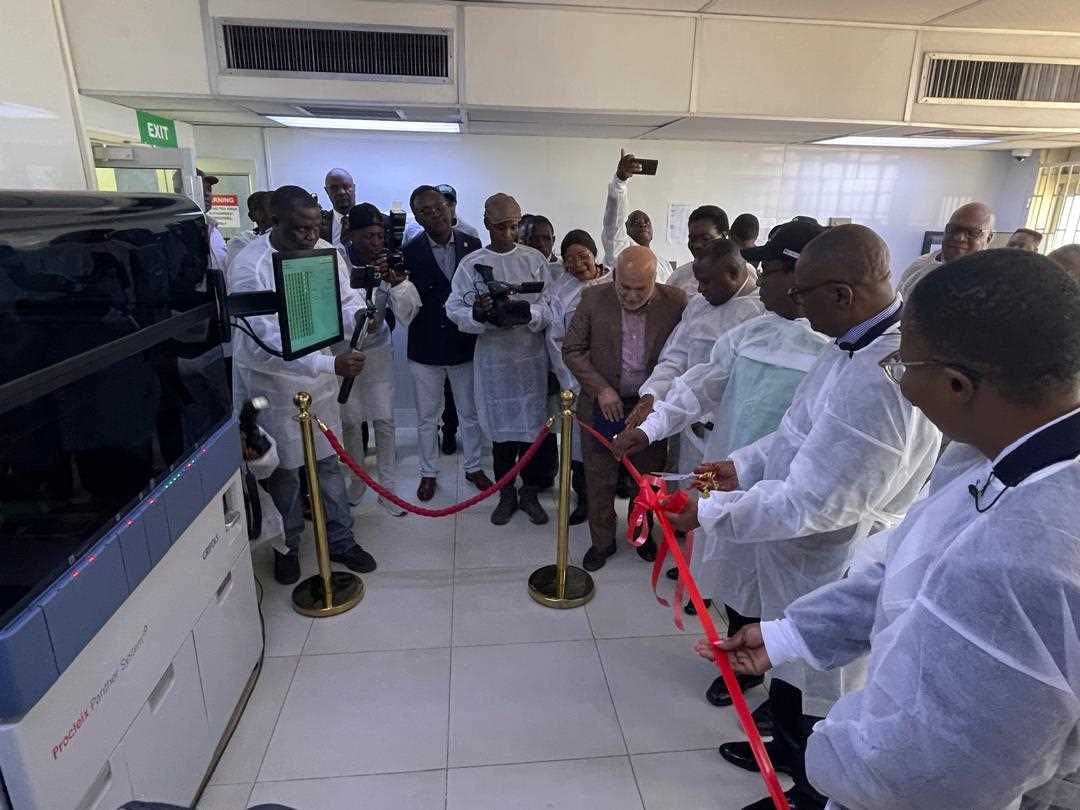
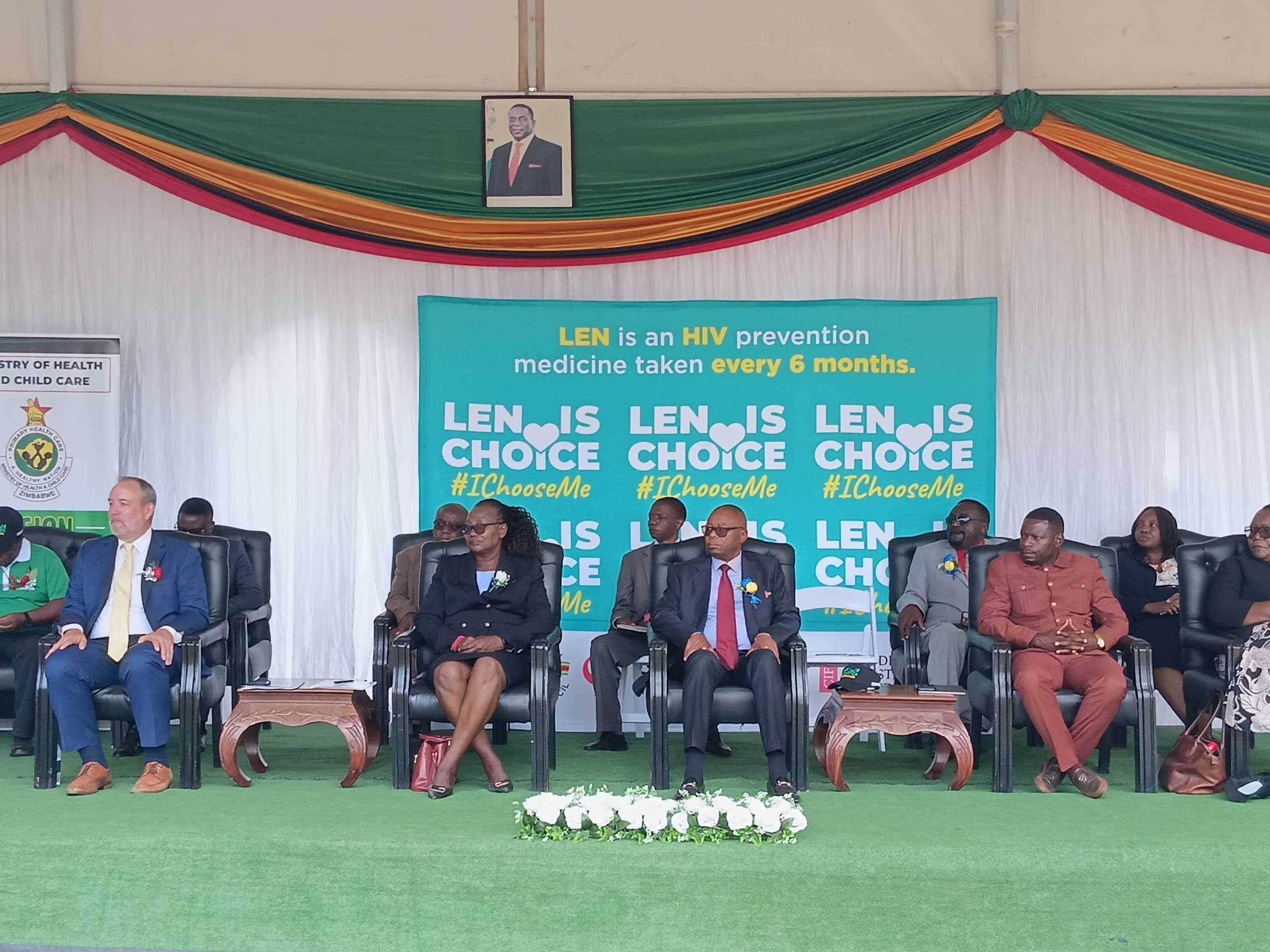


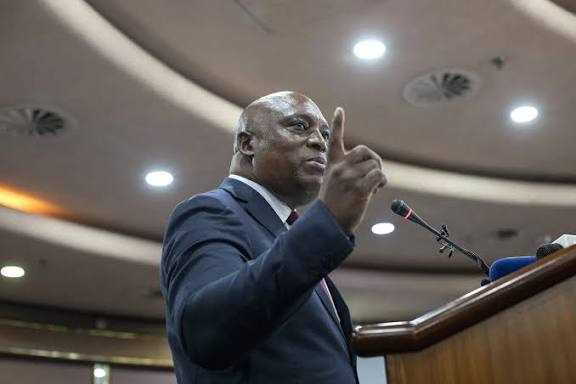
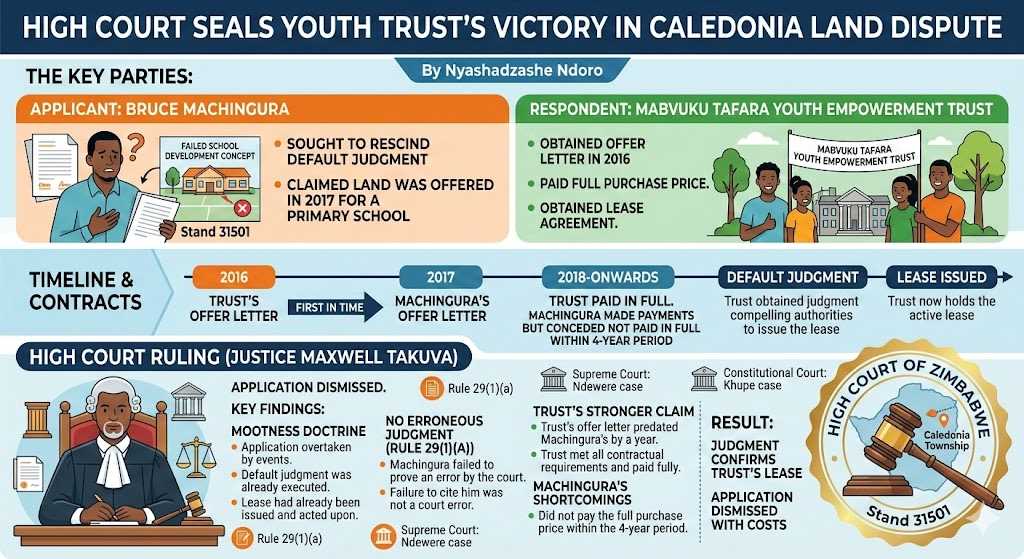
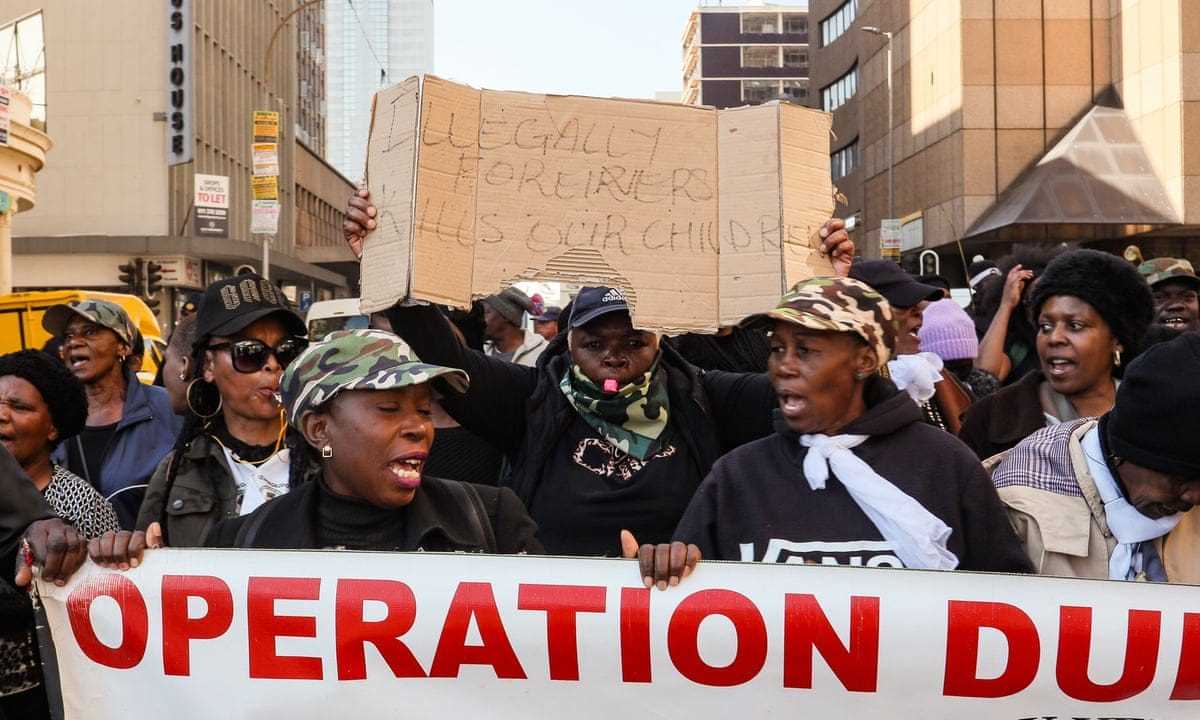


Leave Comments